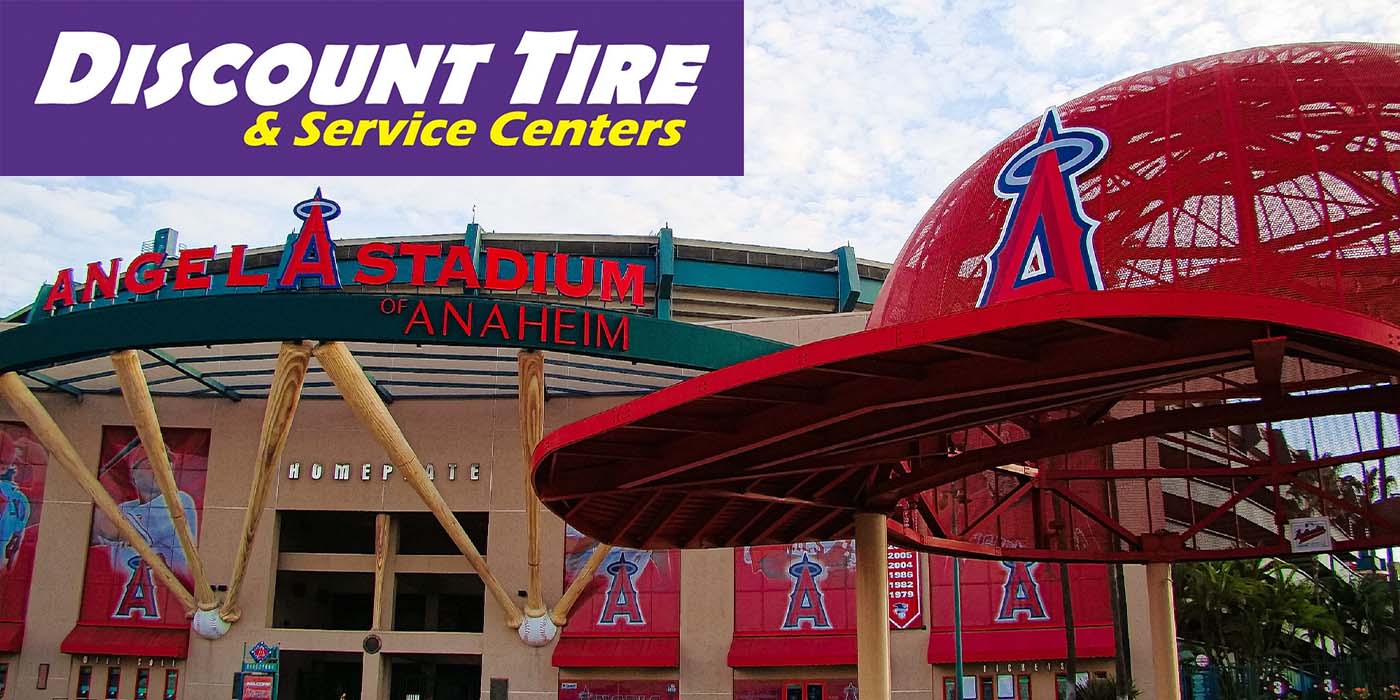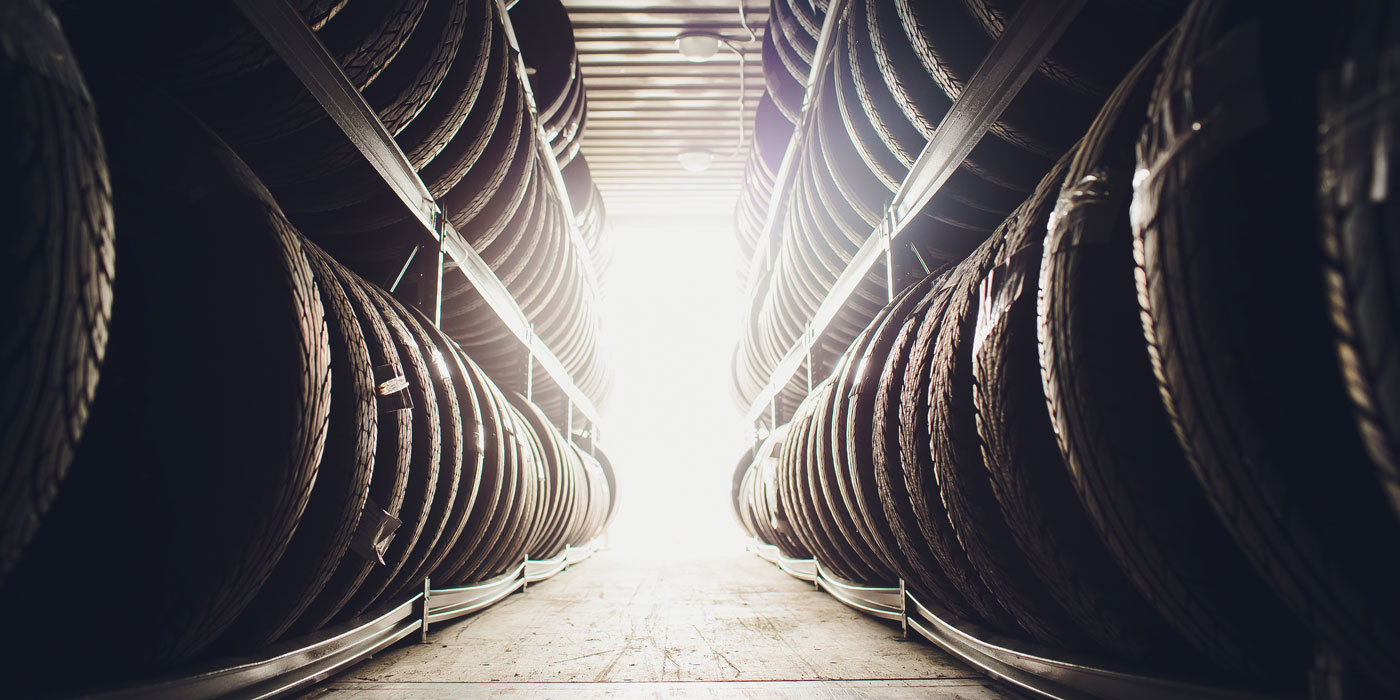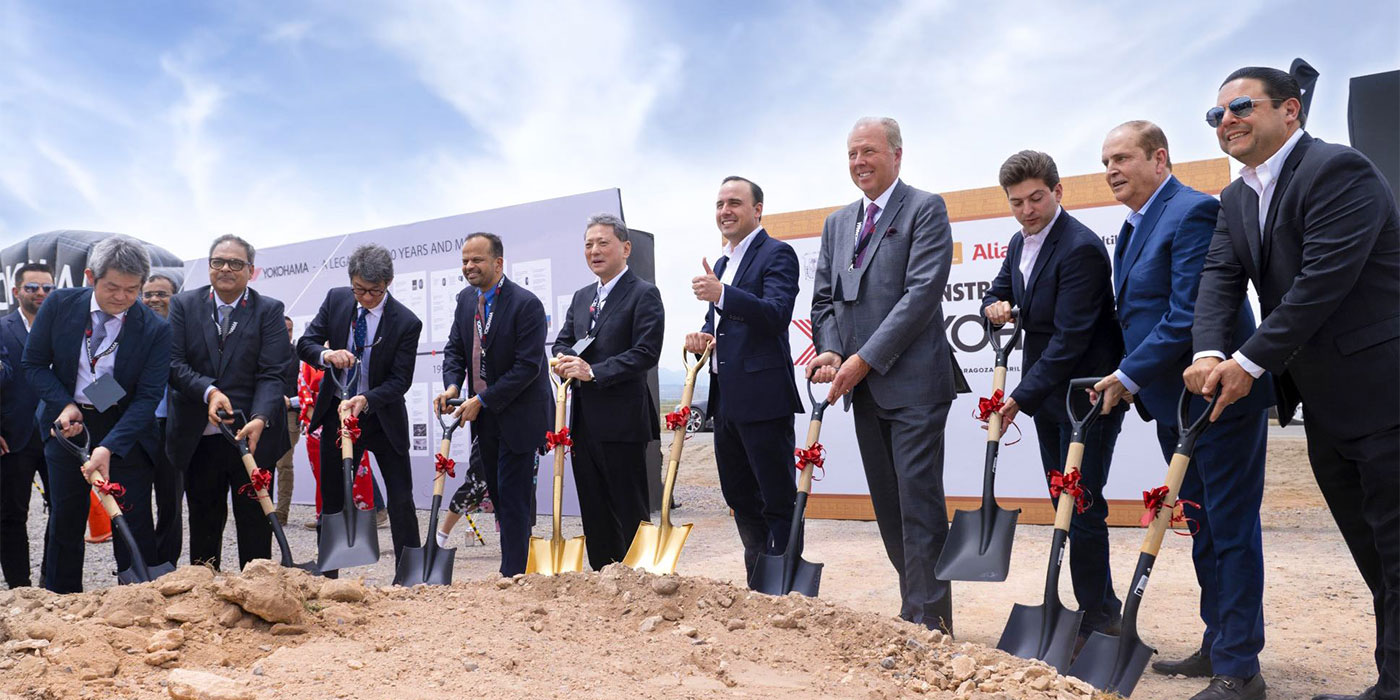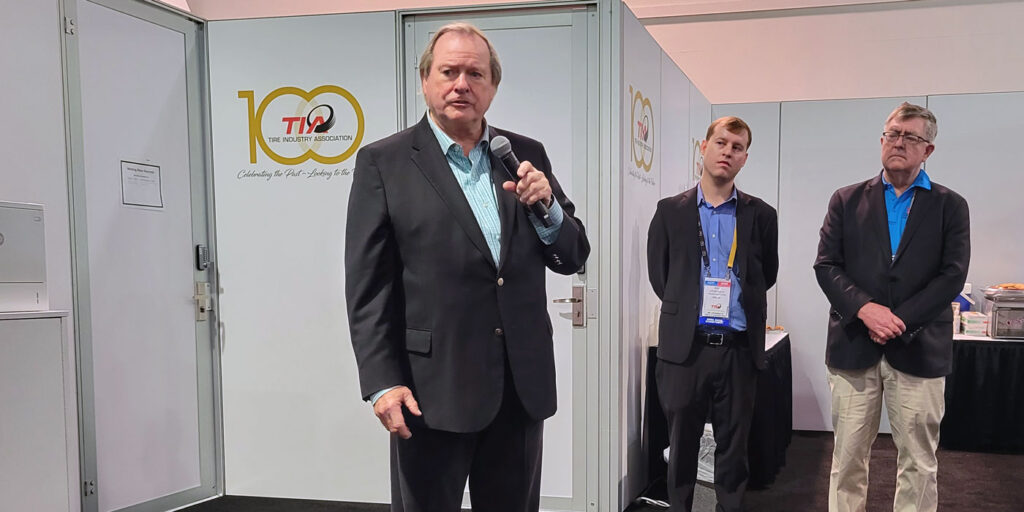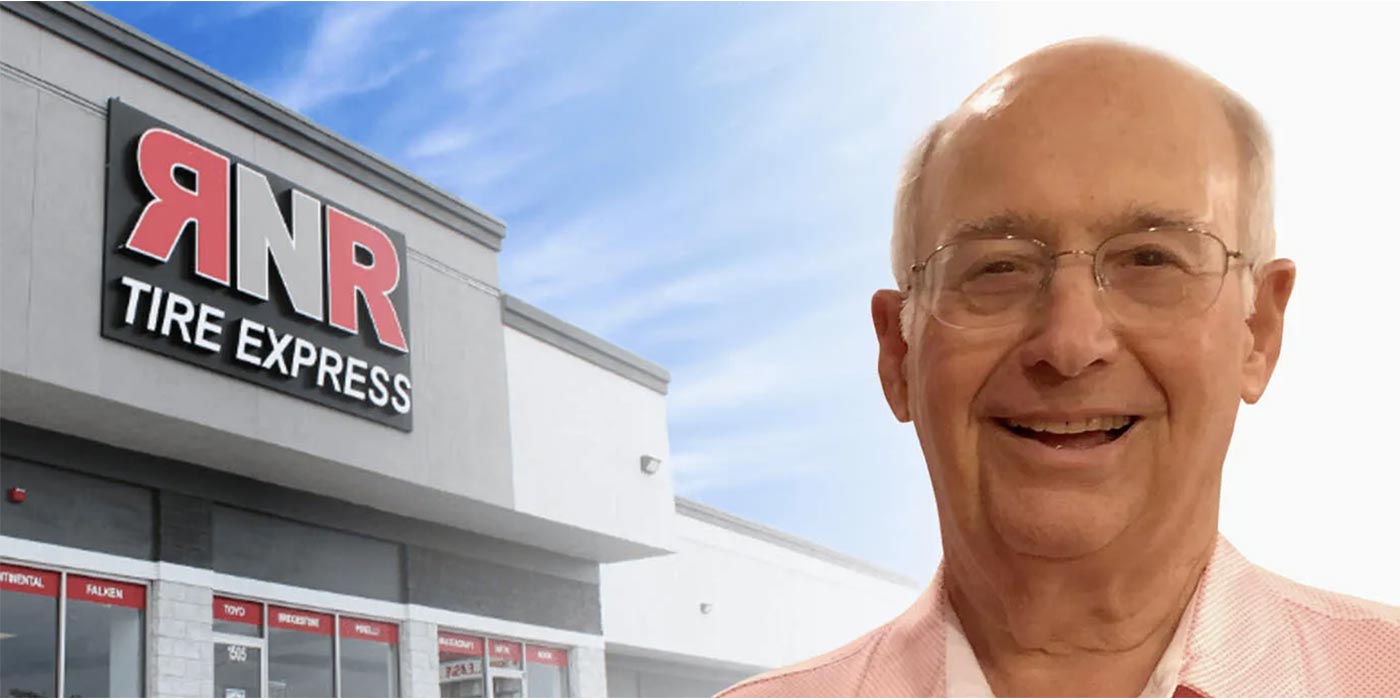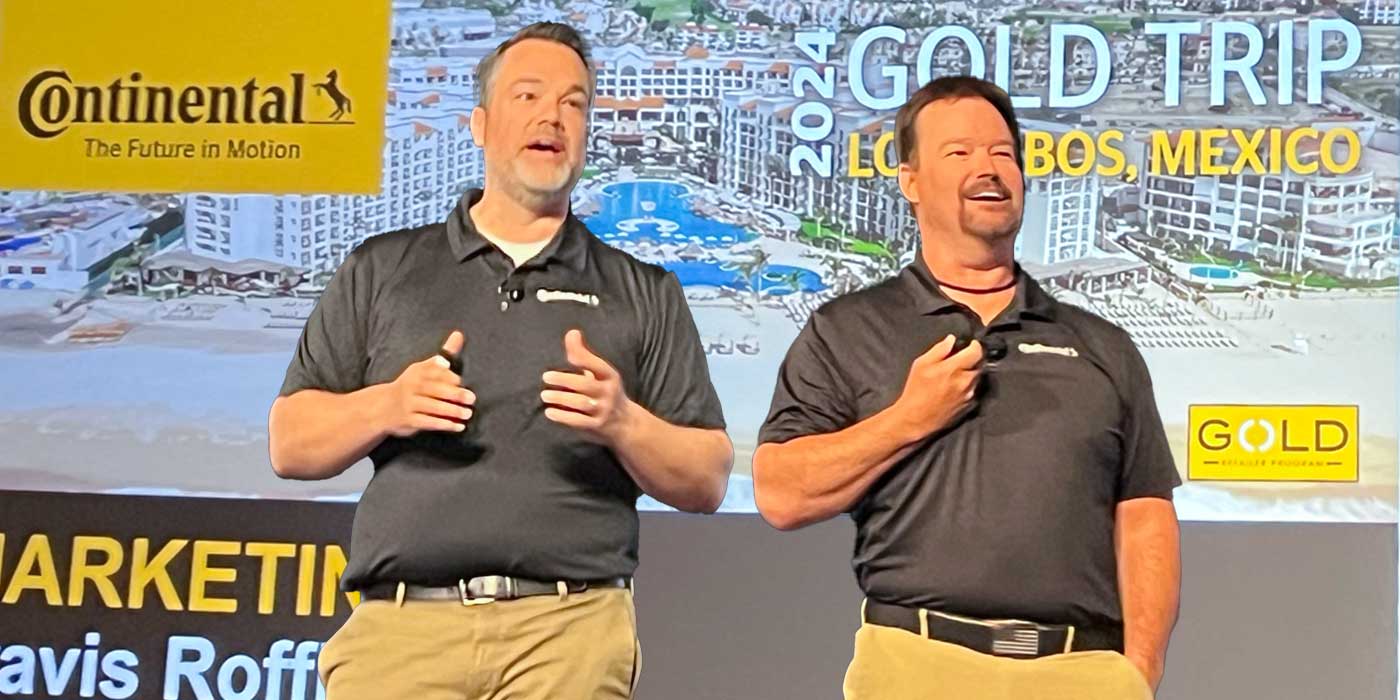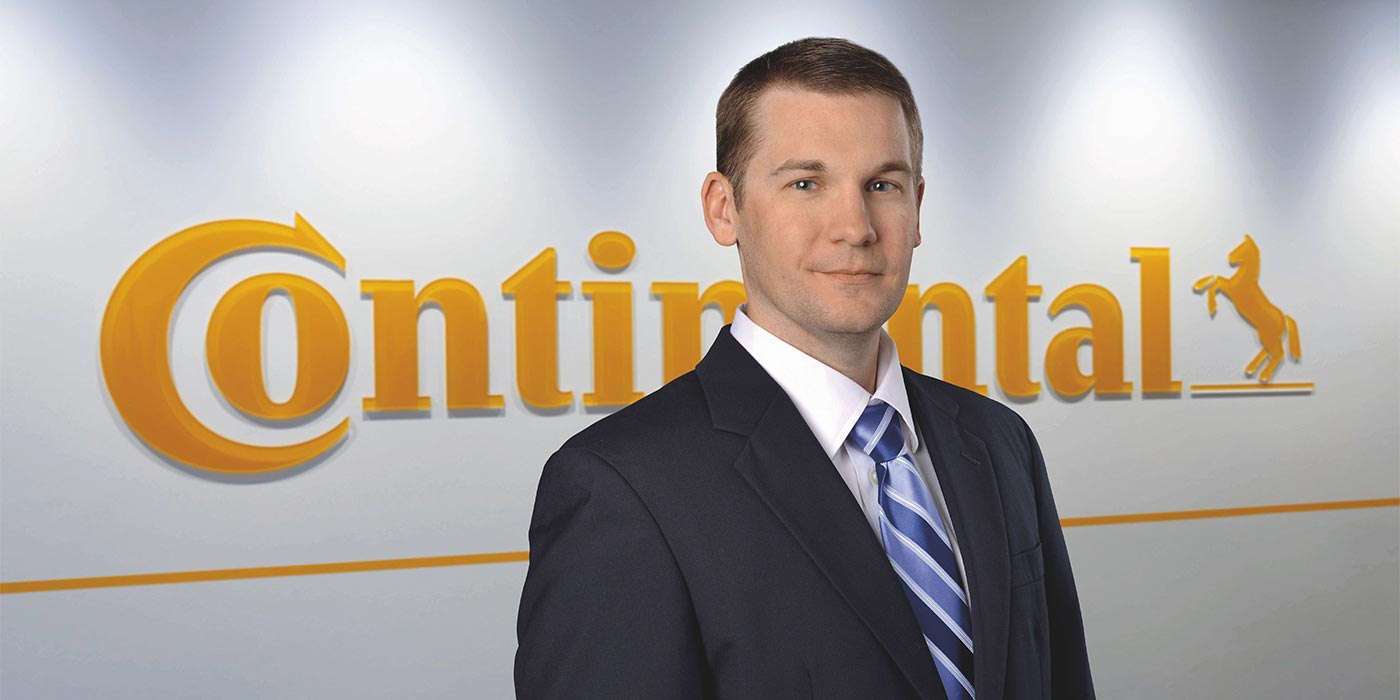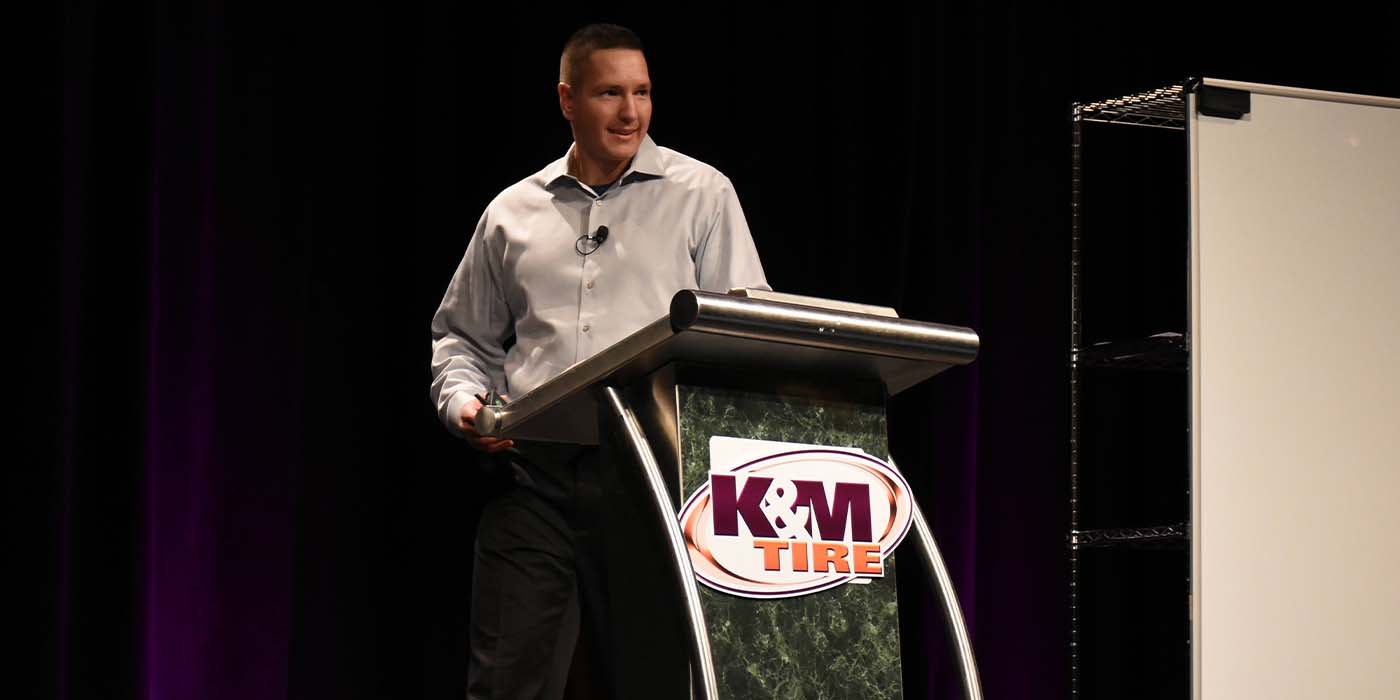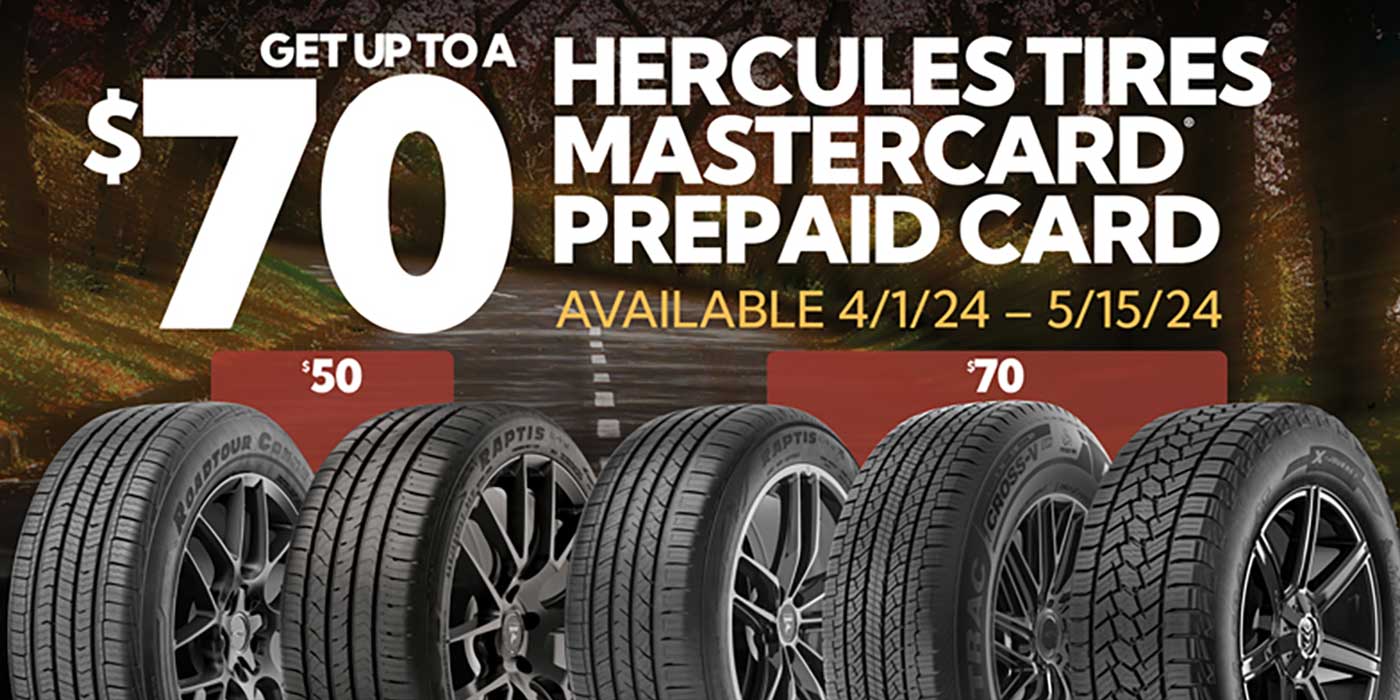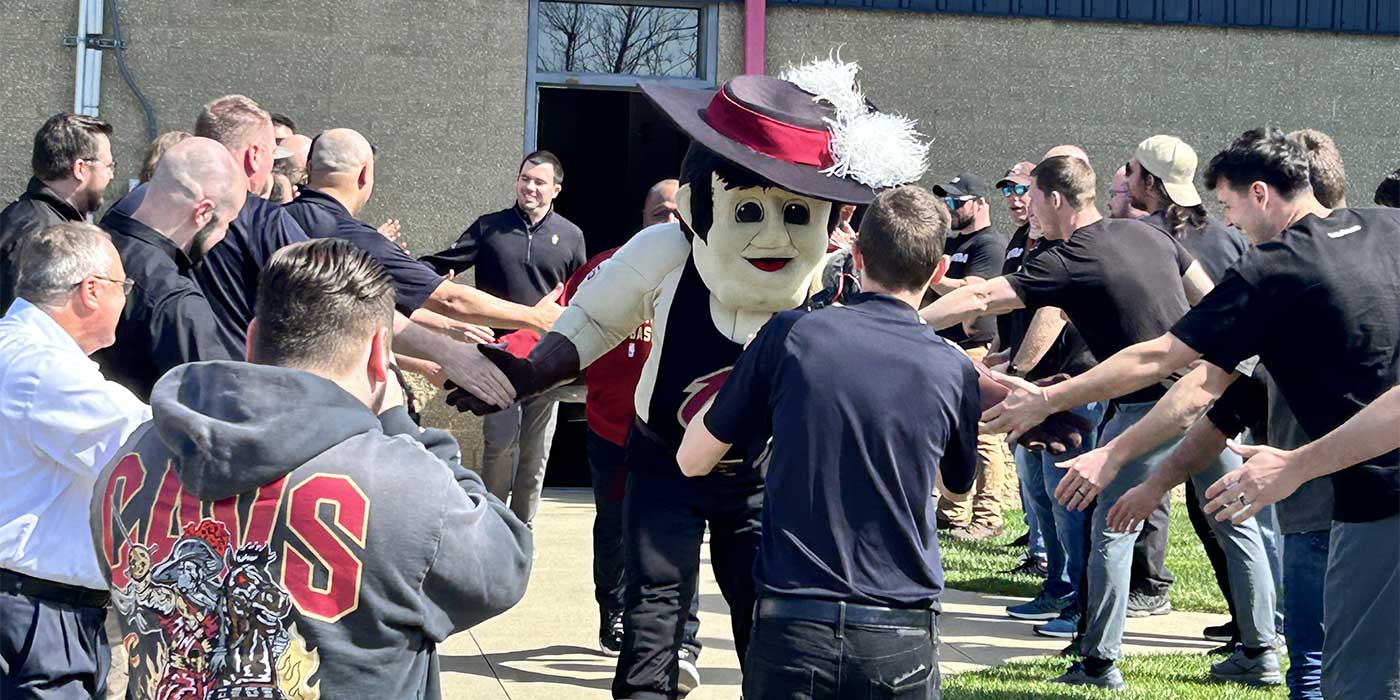By his own admission, his 24-year-old truck was dangerously overloaded. The suspension was shot, the tires nearly bald. Over his CB radio, other drivers barked warnings that the California Highway Patrol had set up several checkpoints nearby.
"I’m worried," said Miguel, a 47-year-old independent operator who requested anonymity to avoid trouble with the law.
"If I get inspected, I could get put out of business," he said, easing into traffic while scanning for the CHP. "Something real bad could happen at any moment on the road. I’m doing the best I can. It’s a vicious cycle."
It’s also a way of life for many of the about 16,000 truckers who serve the Los Angeles and Long Beach ports, the nation’s busiest port complex. The truckers reflect the extraordinary rise in port traffic in the last decade and are key to what government officials and businesses hope will be continued growth in the future.
But keeping many of those trucks on the road is a shadowy economy of risk-taking drivers and discount mechanics, body workers, welders and junkyards – legal and otherwise – amid the refineries, murky channels and harbor terminals between Long Beach and San Pedro.
Profit margins for the independent operators who serve the Long Beach and Los Angeles ports are thin – so some, like Miguel, cut corners whenever possible.
For example, because a gauge showed that the weight of his load exceeded regulations – and because he views his truck’s brakes as untrustworthy – Miguel used the trailer’s brakes to stop the entire rig. The CHP considers that maneuver particularly dangerous and illegal.
Like many other independent haulers, he contracts with licensed motor carriers, or a trucking broker, linked to shipping companies and cargo owners, such as big-box retailers. Each morning, Miguel shows up at the broker’s dispatch window to solicit jobs.
Like other drivers serving the ports, he’s a "short-haul trucker," ferrying containers to distribution centers across Southern California.
He gets paid by the load – the equivalent of about $8.90 an hour – and works 65 hours a week.
It costs him about $500 to fill the tank with diesel fuel and roughly $2,000 a year for truck insurance.
On the morning Miguel warily watched for the CHP, he had contracted to haul a 40-foot trailer to Rancho Cucamonga. The 80-mile haul, one of two such trips he planned to make that day, would gross him $320.
But the emergency repairs needed on the truck – it has three million miles on it, the equivalent of about six round trips to the moon – would have to wait.
Miguel couldn’t even afford to visit a lot just outside the gates of the China Shipping Terminal where truckers can get tread carved into their balding tires by llanteros, or "tire men," before getting on the 110 or 710 freeways.
Tools of that trade include hand-held electric "hot knives" connected to pickup truck batteries. Regrooving, which is usually done by machine, is legal, according to California traffic codes, provided the tires are designed for it and their inner steel belts are not damaged in the process.
"When they cut into the steel belt, that tire becomes a bomb," said Harvey Brodsky, spokesman for the Tire Retread and Repair Information Bureau, a nonprofit industry association. "It’s a shame and a disgrace, and an example of what’s going on in our ports."
But outside of China Shipping, the llanteros didn’t seem to mind when their blades occasionally sliced into the belts of their customers’ tires. Scraping out a fresh groove, a llantero simply said, "I groove tires for guys who can’t afford to buy new tires. I charge $10 to $12 per tire. Takes about 20 minutes."
The tire man was alarmed, however, when he noticed a fist-size bulge protruding from the sidewall of one of the tires he had regrooved.
"Hey, you better take a look at this," he told a driver. The driver smiled sheepishly and replied, "I know. I just need it for another month or two."
"It’s dangerous and irresponsible," the driver said, shaking his head.
"But I don’t have money for new tires. I’m behind on my bills. As long as the CHP doesn’t stop me, I’ll keep doing it."
Collaring illegal truckers remains something of "a cat-and-mouse game," said CHP Officer Patrick O’Donnell, who specializes in inspecting commercial vehicles. "We do the best to inspect as many of these trucks as we can on a daily basis; unfortunately, we can’t get to all 16,000 of them.
"But they’re really rolling the dice," he said. "They may get away from us on a given day, but eventually they’ll get stopped."
In the meantime, low-income truckers in need of repairs gravitate toward a part of eastern Wilmington traversed by dirt roads and lined with repair shops — though "shops" implies that these businesses all operate out of buildings. In some cases, the repairmen work in open lots hidden behind corrugated metal sheets.
The shops are thrifty alternatives to dealerships. At JNJ Truck Repairs, for example, an engine overhaul goes for about $1,800. "A dealer will charge about $4,000 for an overhaul," boasted JNJ’s owner, Juan Enriquez, 42.
In August, Enriquez’s hands were badly burned in an accident at his shop. "I was working on an engine when some gasoline spilled and caught fire," he said. "I didn’t go to the hospital. I cured myself at home with aloe vera juice."
A block away, Mexican ranchera music issued from a boom box in a cluttered yard where truck driver Augusto Arroche, 32, of Long Beach waited for body shop workers to finish repairing a large crack in the hood of his 8-year-old rig. "A dealer would charge about $3,000 for this job, and take two weeks to do it," Arroche said, as a husky brown guard dog named Mambo roamed nearby. "Here, they’re charging $700 – and they agreed to let me pay $400 today and the rest later. At 3 p.m., I’ll be back on the road."
Peter Brown, a spokesman for the California Trucking Association, which represents trucking organizations and promotes safe driving, said he worried about "rogue truckers cutting costs at the expense of public safety. I compare it with someone diagnosed with hepatitis continuing to work at a fast-food restaurant and putting everyone else at risk."
But torn between state traffic codes and intense competition, many independent truckers said they had no choice but to resort to such measures as lashing bumpers to chassis with bungee cords and smearing mud over cracked parts to hide the problems from CHP officers.
The cost-cutting serves the interests of shippers and merchants, argued Rafael Pizarro, an environmental activist and political consultant who has worked extensively on issues concerning port trucks. "The moment you try to regulate the system or raise wages for truckers, they scream it’s a tactic to unionize drivers and will ultimately increase prices for consumers."
Todd Spencer, of the Owner-Operator Independent Drivers Asociation, also sided with drivers who, he said, "currently work beneath the toilet."
"They are taken advantage of by everyone they come in contact with, including the companies they work for, and it’s all in the quest of lowering costs and increasing profits," said Spencer, an executive vice president with the national trade group. "If you want good, clean and safe equipment, the costs for it have to be reflected in the rates that truckers receive for moving the products."
Port authorities are under growing pressure to upgrade the fleet, which contributes to accidents and produces a stew of toxic substances — including diesel emissions — that have been linked to asthma, cancer and premature death.
In recent years, the 18-mile-long Long Beach Freeway connecting the ports with rail yards east of downtown Los Angeles has averaged 2,000 accidents annually, more than 600 of them involving trucks, according to a statewide database. Included in those accidents are hundreds caused by road debris, often shed by trucks.
As part of an effort to improve air quality and the movement of freight, the ports recently approved an ambitious $1.6-billion program to help the independent truckers replace old and dirty trucks with newer, cleaner machines. The program would subsidize new vehicles for the truckers serving the ports, though it still needs to be determined whether it would pay all or part of the costs.
‘In crisis mode’
In any event, the changes cannot happen fast enough for Los Angeles City Councilwoman Janice Hahn, whose district includes the Port of Los Angeles.
"Trucking – the backbone of our freight industry – is in crisis mode," Hahn said. "We got into this horrible situation by only paying attention to things like volume of trade and efficiency of movement. But there is also a human element, real people who don’t have enough money to fix their trucks and comply with basic safety regulations, let alone put food on the table."
She could have been talking about Miguel, the driver on the lookout for CHP officers.
"There’s an inspection going just up ahead of us," he said, nodding toward a roadside CHP team eyeballing everything on wheels near an Interstate 110 onramp. "I can wait around until they leave, which will cost me time and money, or take my chances and hope they’ll just wave me through."
He decided to kill some time. Miguel made a hard left turn and began maneuvering his massive rig along a circular route that took him over the Vincent Thomas Bridge, through neighborhoods and industrial parks. It took about 30 minutes to get back to the freeway onramp.
"They’re gone – fabuloso!" he said. "Today’s my day." (Tire Review/Akron)

